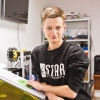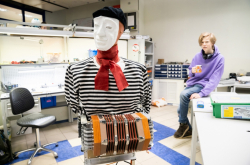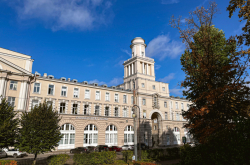Very often those who want to try their hand at programming and robotics are plagued by fear and lack of confidence in their abilities. “Will I make it? Is it even worth trying in the first place?” novices ask themselves. This applies not only to school students but their university counterparts who for one reason or another didn’t have the chance to explore the world of technologies at school. It is for them that ITMO’s FabLab, which is part of the university’s Technopark, organized Maker’s Day.
“This is an informative event that allows participants to try their hand at creative activities so that they understand whether these are their cup of tea or not. Robotics is very popular nowadays, but unfortunately the classes available are built in such a way that students never actually get to make their own robots once for the whole duration of their studies. Our university is one of the few who deliver on that. But given the current state of the matters and that it’s the beginning of a new academic year, we decided to host such an event that would give students the chance to familiarize themselves with microcomputers, learn the basics of coding and connect with the makers community. Because not all first-year students and beginning creators had the opportunity to explore this field in their school years, we’re providing them with this opportunity now,” explains Alexey Shchekoldin, member of ITMO’s FabLab.
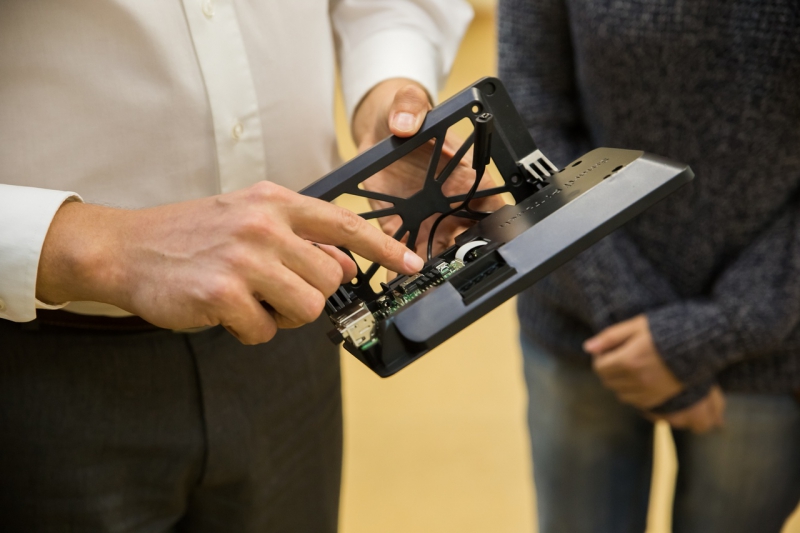
In the first part of the event, the guests were welcomed with a presentation on the opportunities of one of minicomputers created by Raspberry Pi, which is equally popular among makers and professional engineers from all over the world. Due to its size, it’s sometimes called a credit-card microcomputer. A small card with a processor and a couple of connector slots, it serves as the brains of different smart devices, rovers and even elements of industrial infrastructure.
“Its main features are simplicity, relative inexpensiveness, as well as free access to operating system and information. There is also a huge community out there that uses these microcomputers, which allows you to easily get support and knowledge,” noted Vitaly Davidenko, a tech support engineer at RS Components and the person giving the presentation.
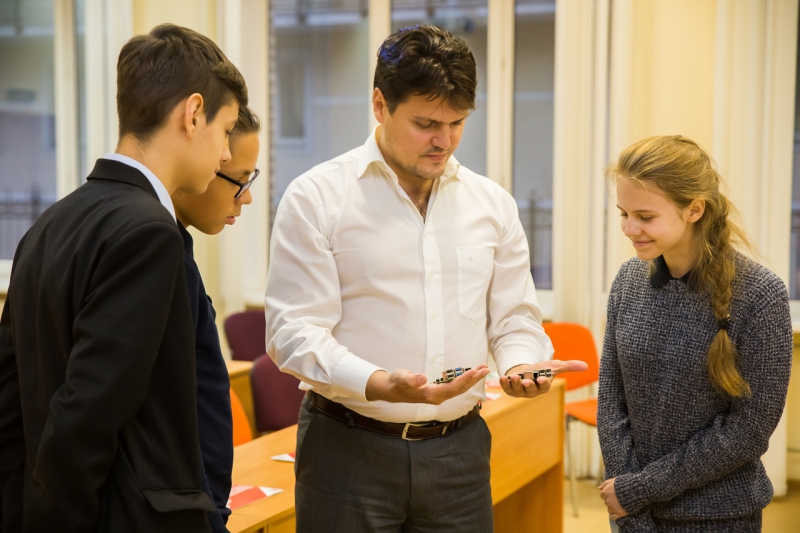
Do it yourself
It was the workshop that became the star aspect of the event, giving participants the opportunity to not only obtain valuable knowledge but also apply it on the spot. Guests attempted to assemble a circuit and connect it to a microcontroller, while FabLab programmer Ruslan Bobko guided them on how to avoid short circuits and other problems that could occur.
“In the button, we have a microscopic plate that bends when pressed and thus closes the contact. However, its fluctuations that happen in the first milliseconds can cause the contact to close and open several times,” Bobko told the audience. “You can configure the system so that when pressing for the first ten milliseconds, we ignore any changes in the signal until the plate stabilizes. Or we can approach in an even smarter way: if less than a specified time has passed between the two signals, it means that it’s not the person pressing the button again that causes the problem, but it’s the plate that trembles.”
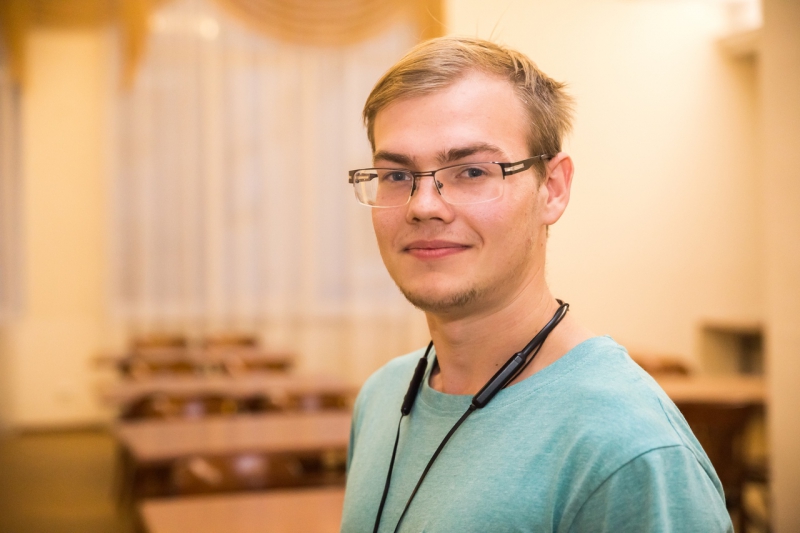
What’s more, following the happenings from computers with connected microcontrollers, participants could see how the programming of devices actually takes place. They also learned about how to choose between the popular microcontroller models.
“What is the difference between Raspberry Pi and Arduino plates, and in which devices can they be used?” asks Ruslan Bobko. “Arduino comes at a noticeably cheaper price, around 300 rubles, while the Raspberry Pi offering would cost you from 1,500 to 2,000 rubles. However, Arduino’s model has a smaller functionality, and thus is more suitable for some sort of household appliance where machine learning and neural networks are not needed. It uses a simple programming language allowing any student to start programming; you can write three lines and already get a result.”
Creation of a community
Events like this also serve as the way of attracting new people to the makers’ community. It is possible that some of the guests will keep coming to the community’s gatherings and try to implement their ideas from the smallest to the most large-scale ones. The Maker’s Day event gave hope to that, with one of the participants asking whether FabLab had a spare solderer because hers had broken. “We can show you how to make it yourself,” answered Ruslan Bobko.
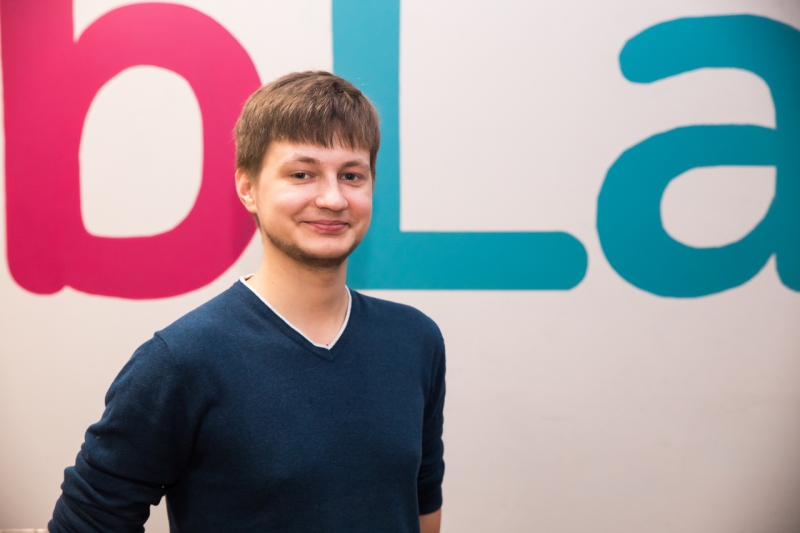
“We now have some 800 active participants who attend FabLab on a regular basis,” comments Alexey Shchekoldin. “There are nother 100-150 students who come and go. We’re approached by not only students but graduates too. Today, we’ve had a couple of graduates who are already working and creating their own businesses. ITMO University is a dynamic place, we’re all making our own little contribution, training school and first-year students into conscientious people who want and are able to create something with their own hands, keep on developing, and attract funding to breathe life into their ideas.”



